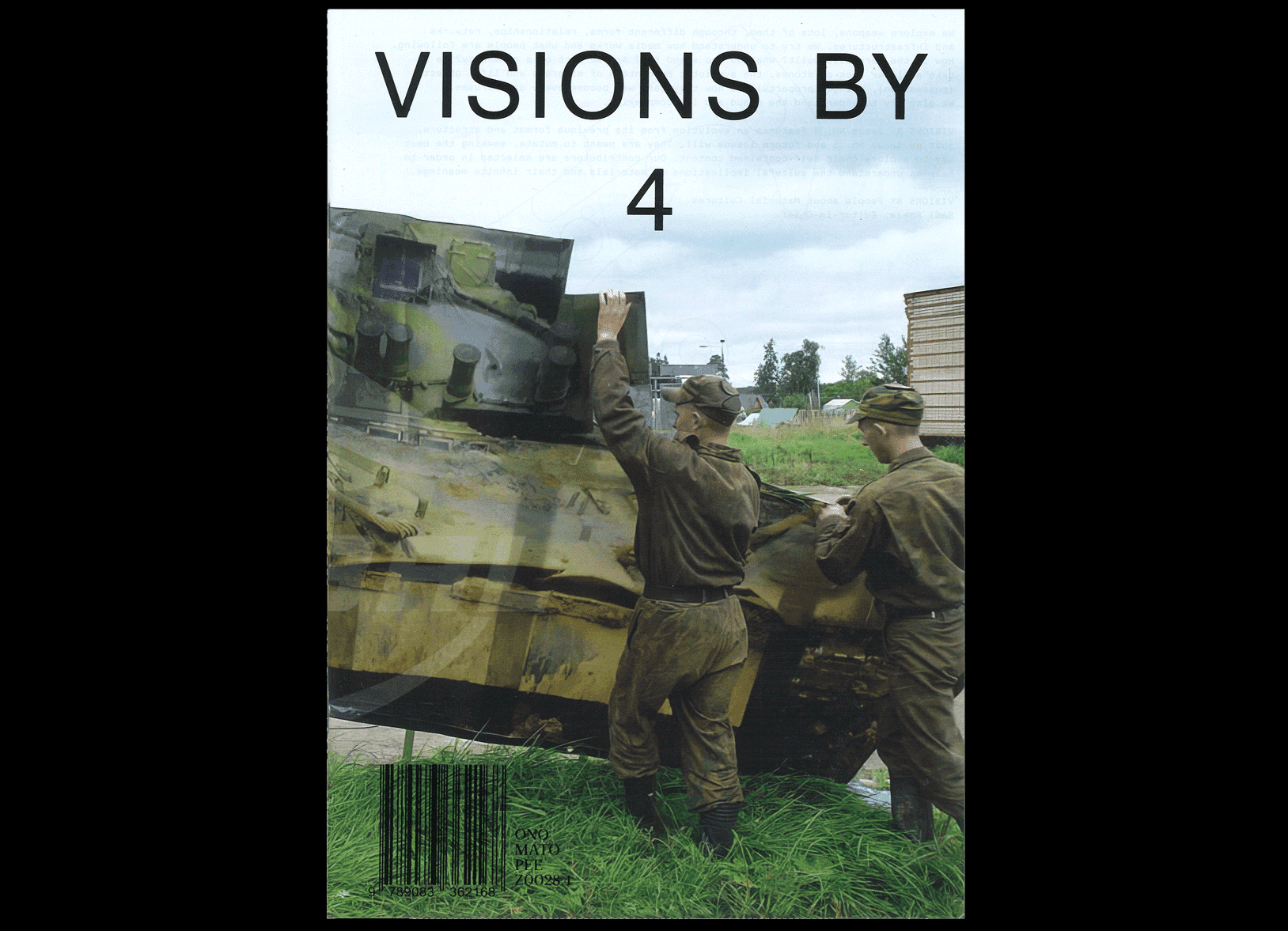
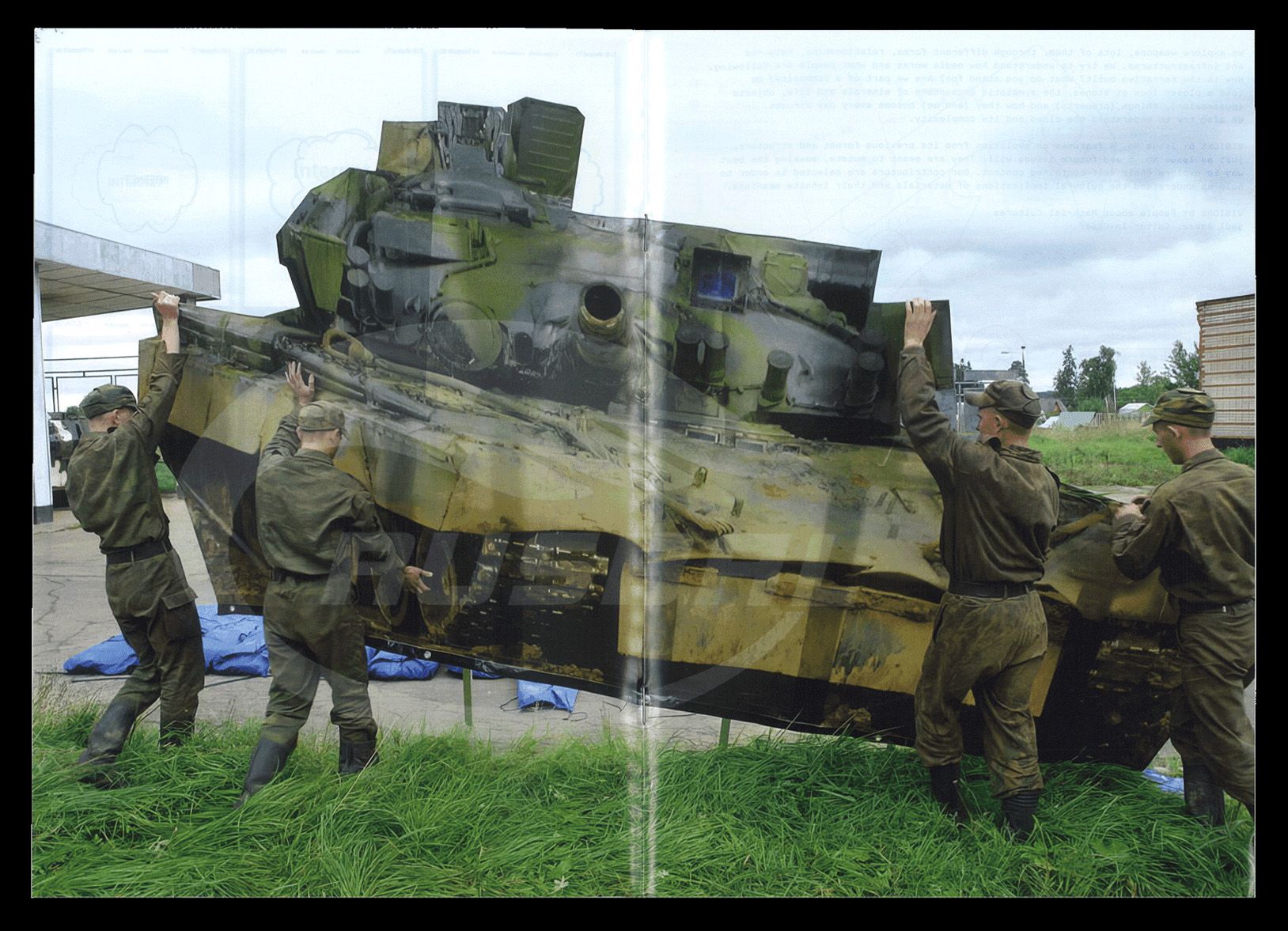
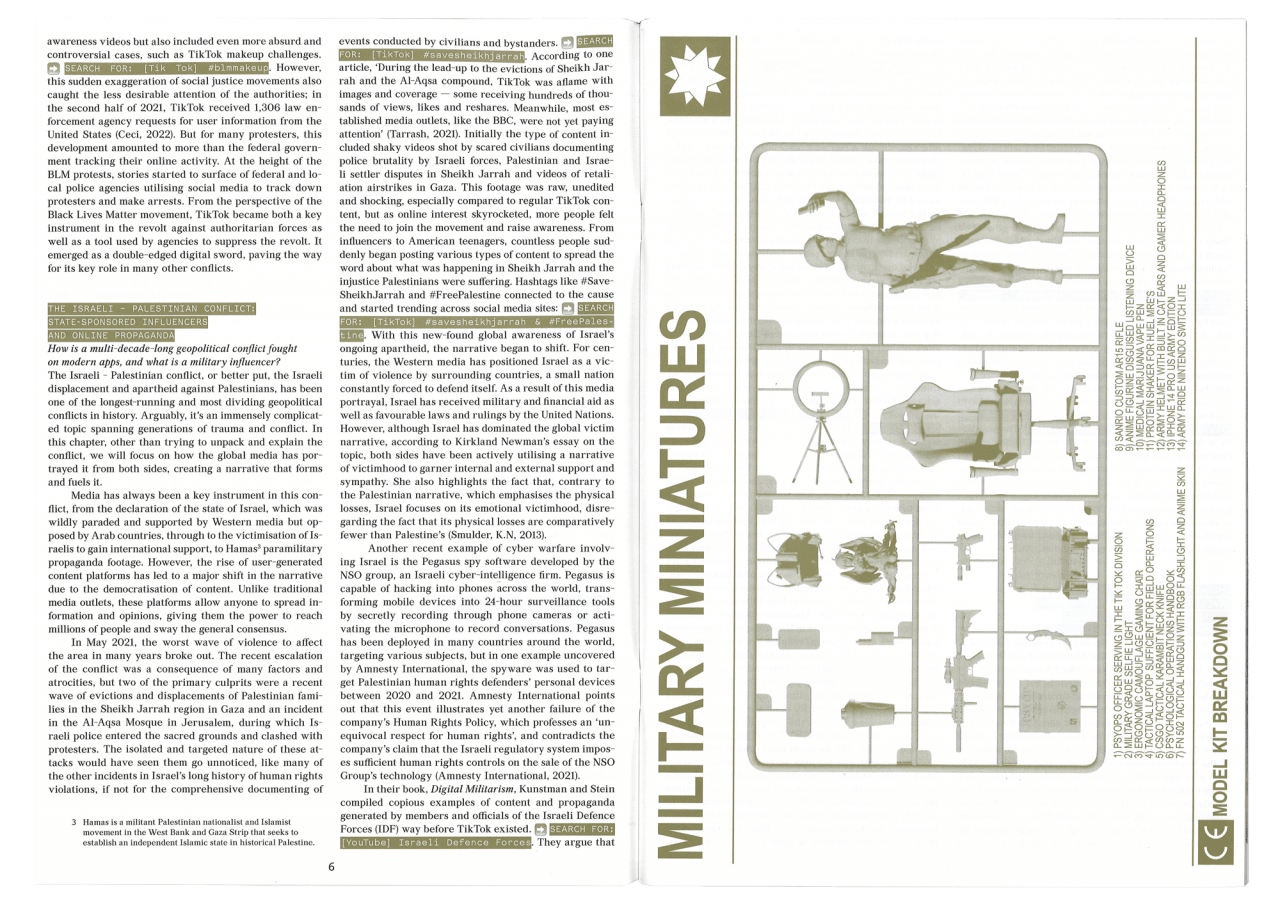
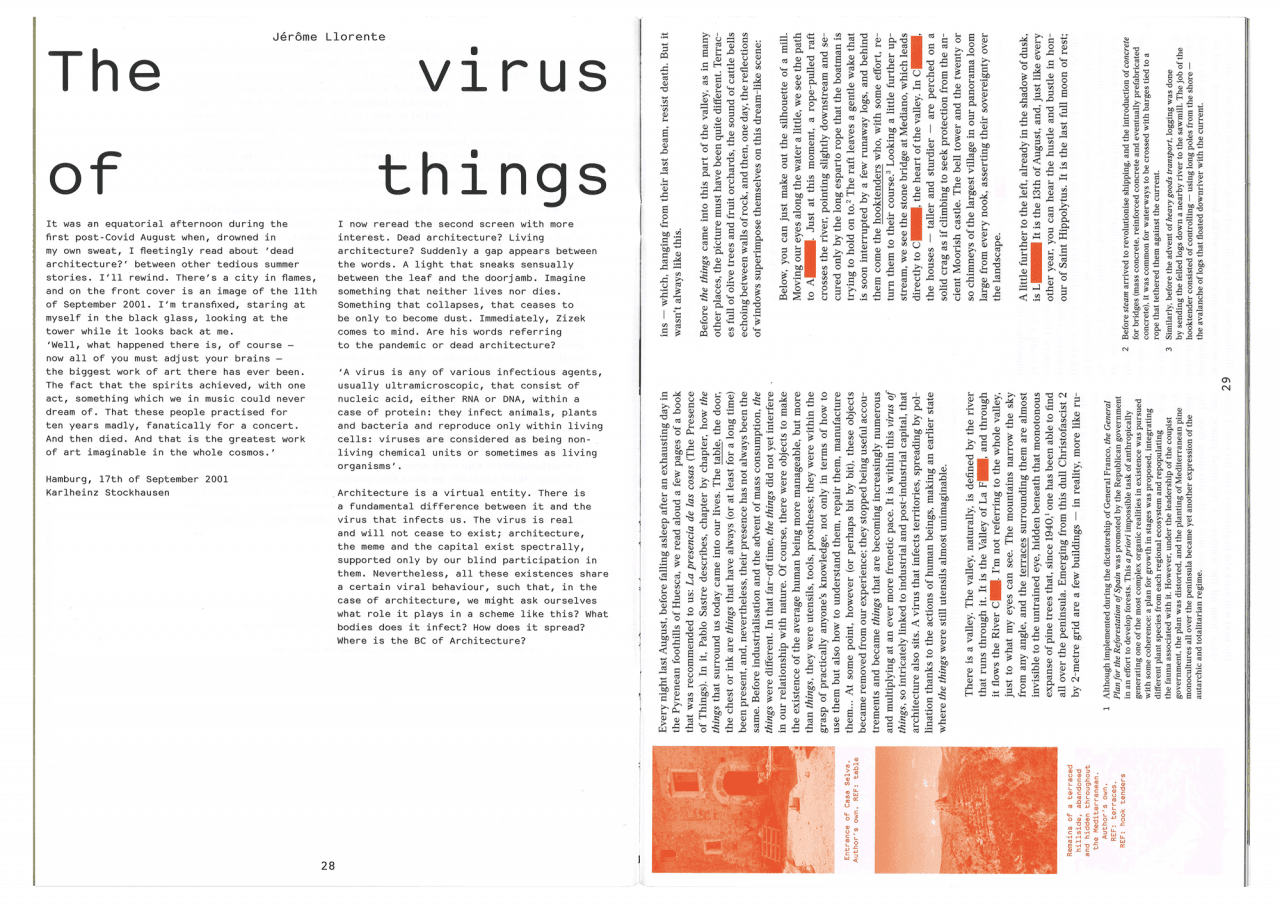
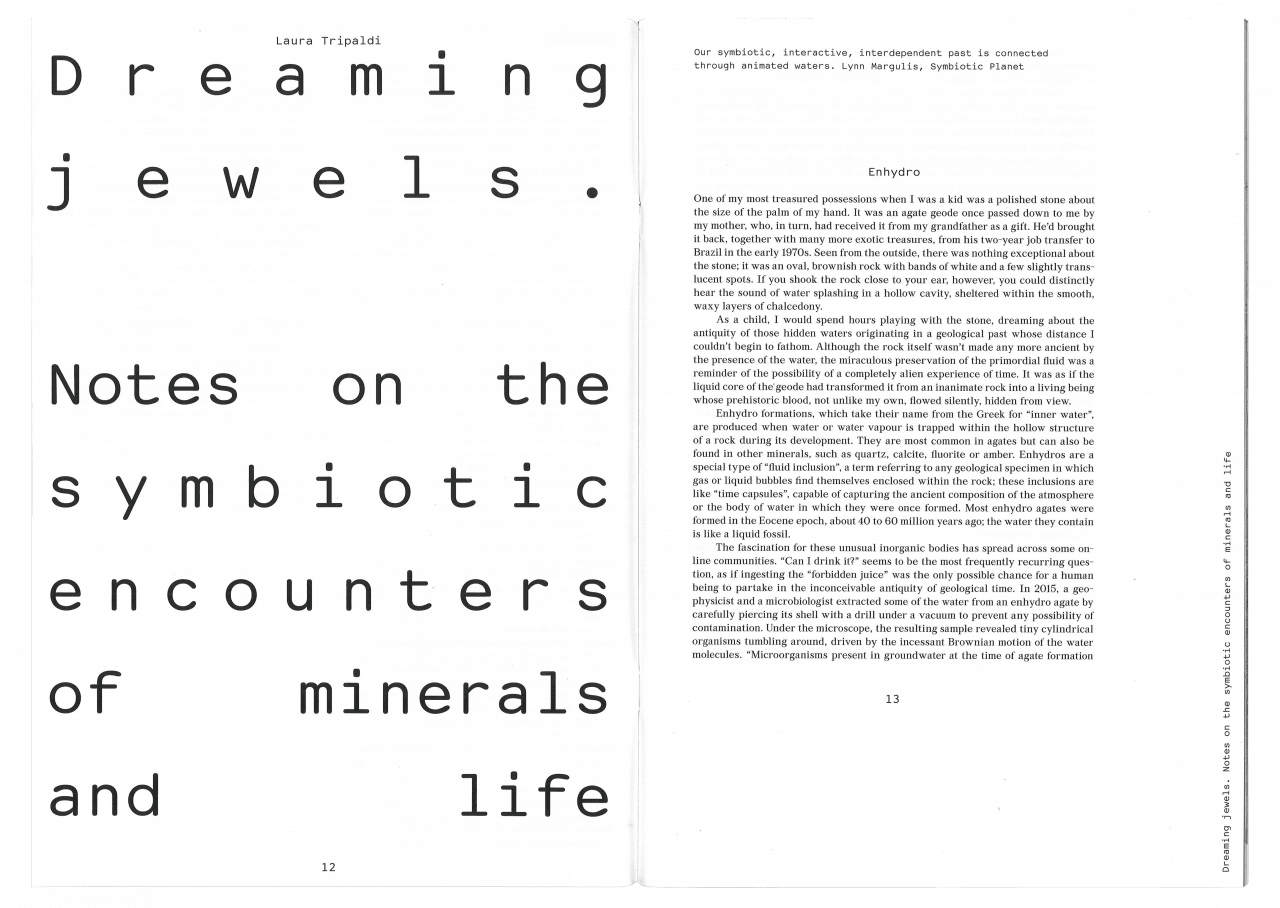
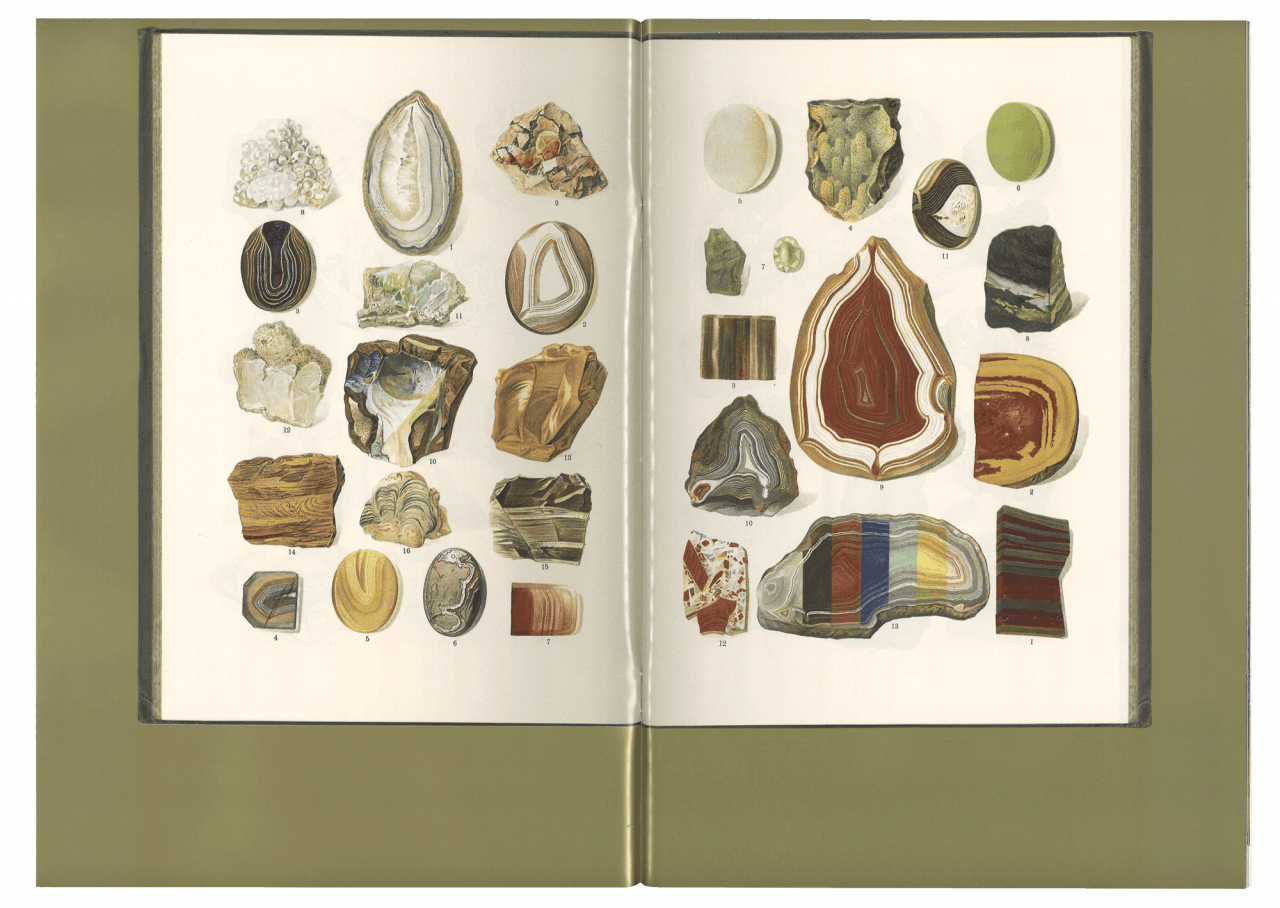
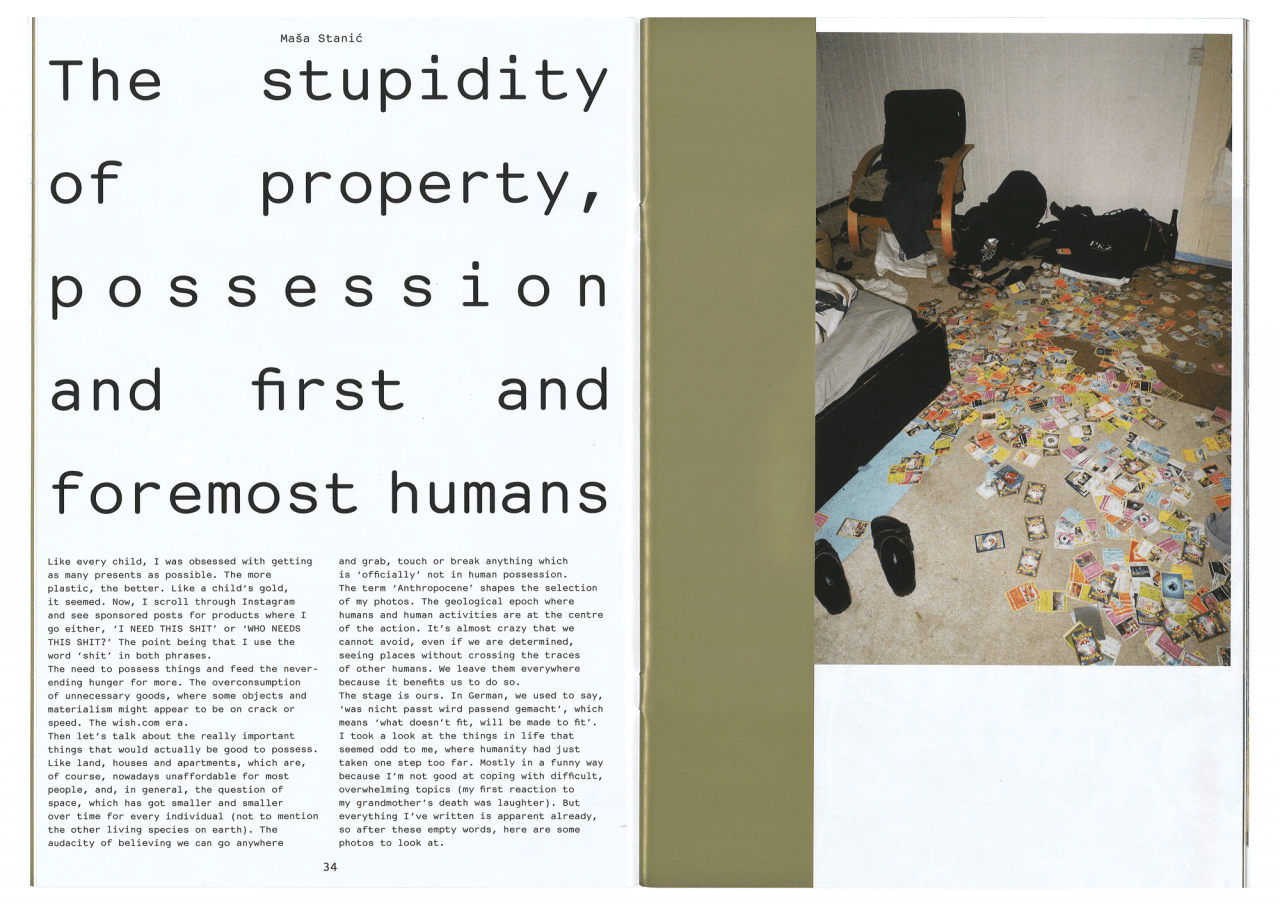

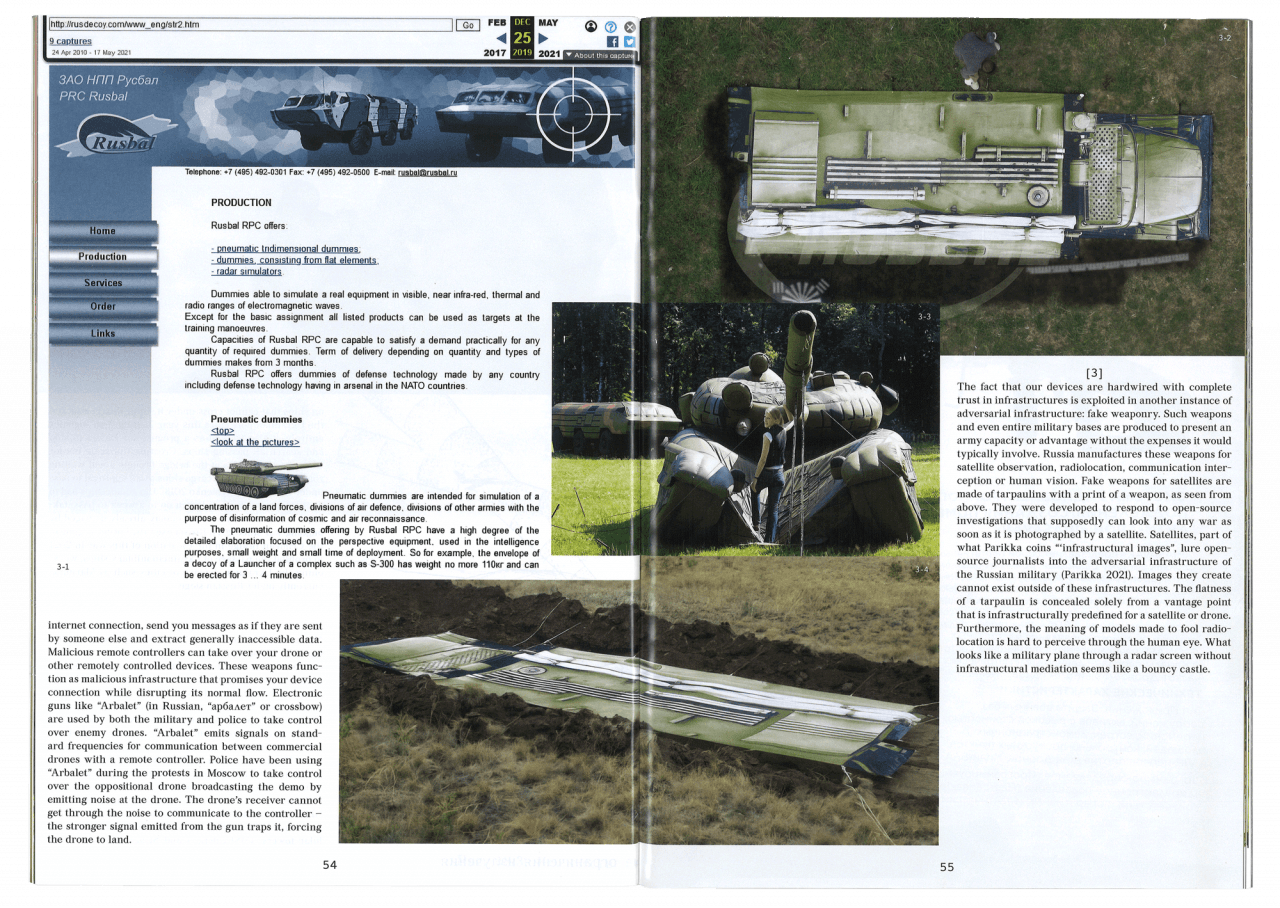
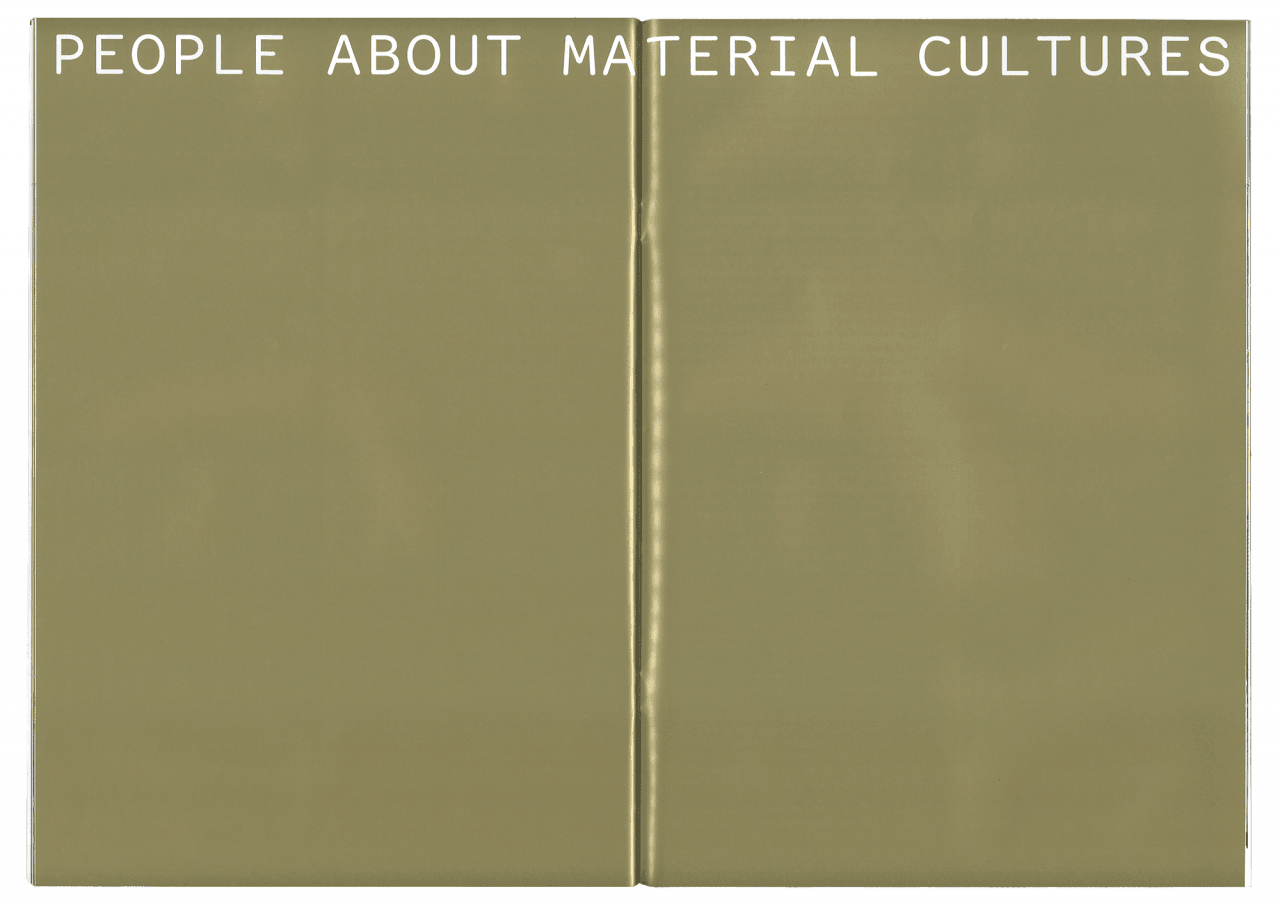
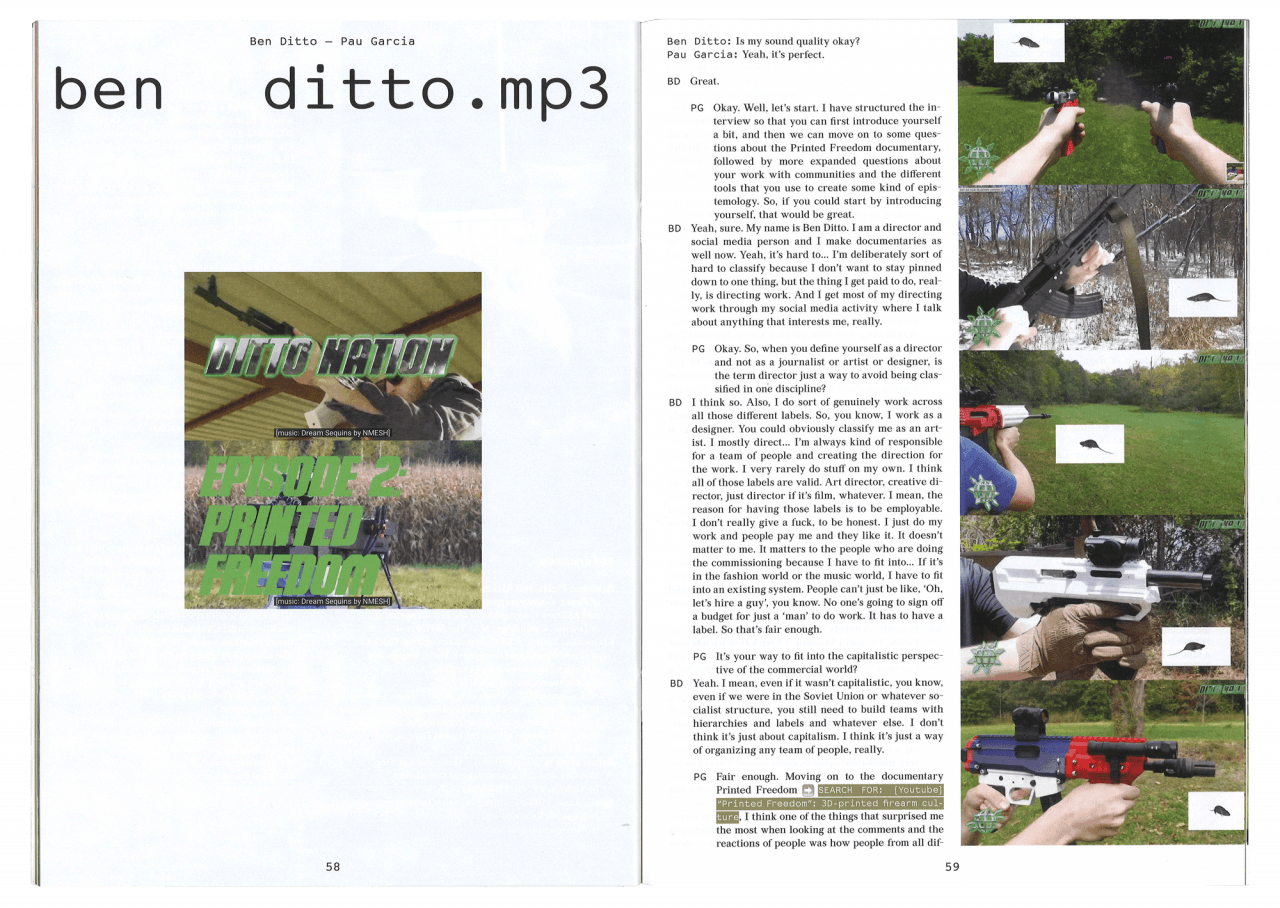
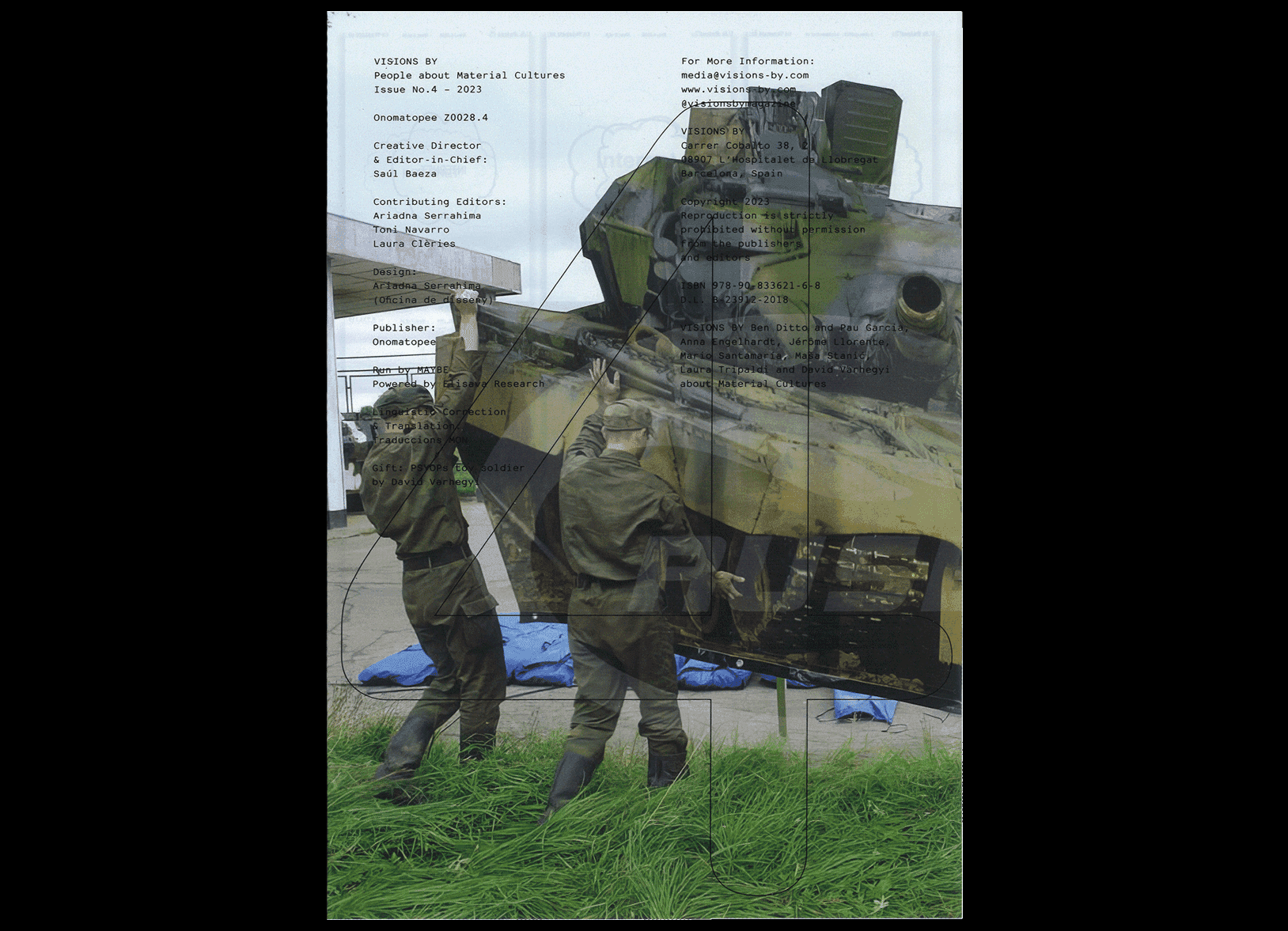
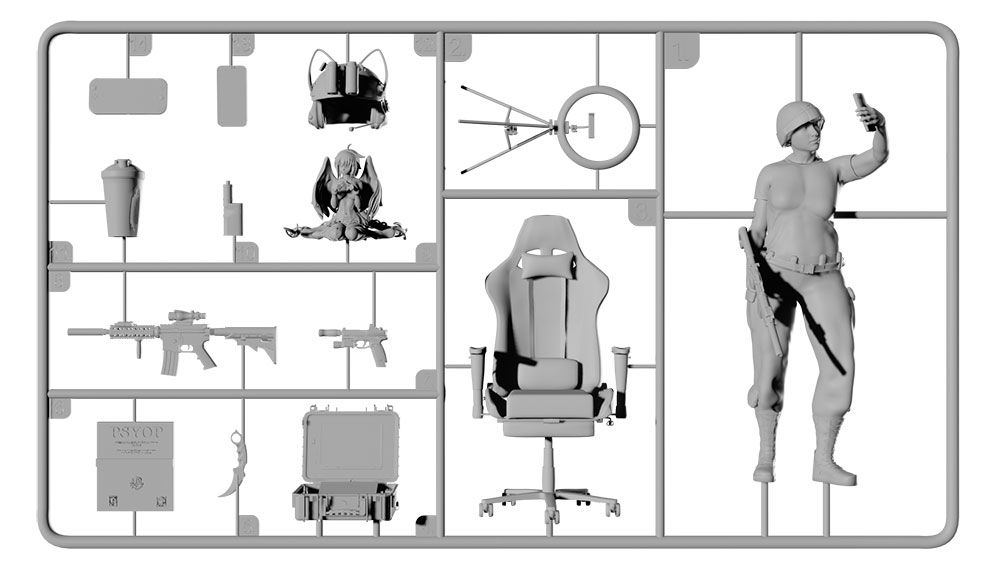
VIRAL WARFARE: THE ROLE OF TIKTOK IN GLOBAL GEOPOLITICAL CONFLICTS
David Varhegyi
It’s hard to predict the long-term efects of this technology’s influence on our lives on such a scale or even to begin to understand its impact on our society. These apps have transformed from simple communication tools to become powerful instruments of psychological warfare, creating dopamine-filled feedback loops where humans of all ages are constantly bombarded with information while simultaneously being desensitised to war by the endless flow of content. This normalisation of politics and violence on social platforms has led to a seismic shift in our history. Every aspect of humanity is present on TikTok, but, in exchange, TikTok influences every aspect as well. The app becomes a tool for rebellion as well as a tool for authority, both of which are present on this controlled artificial platform.

THE VIRUS OF THINGS
Jérôme Llorente
The challenge, at this point, is to be aware of our potential to function as vectors of transmission for a virus from which we claim to flee every time we transit from the city to the countryside. And in light of this, to cultivate an attitude that will help safeguard the last few patches of land on this old continent that remind us of what we were and, therefore, contain what we are. To understand that the suspended dust has lived here since before the ashes of our ancestors rose from the fire, that we can learn to do everything with our hands and that here, we, and our things, are the real intruders.

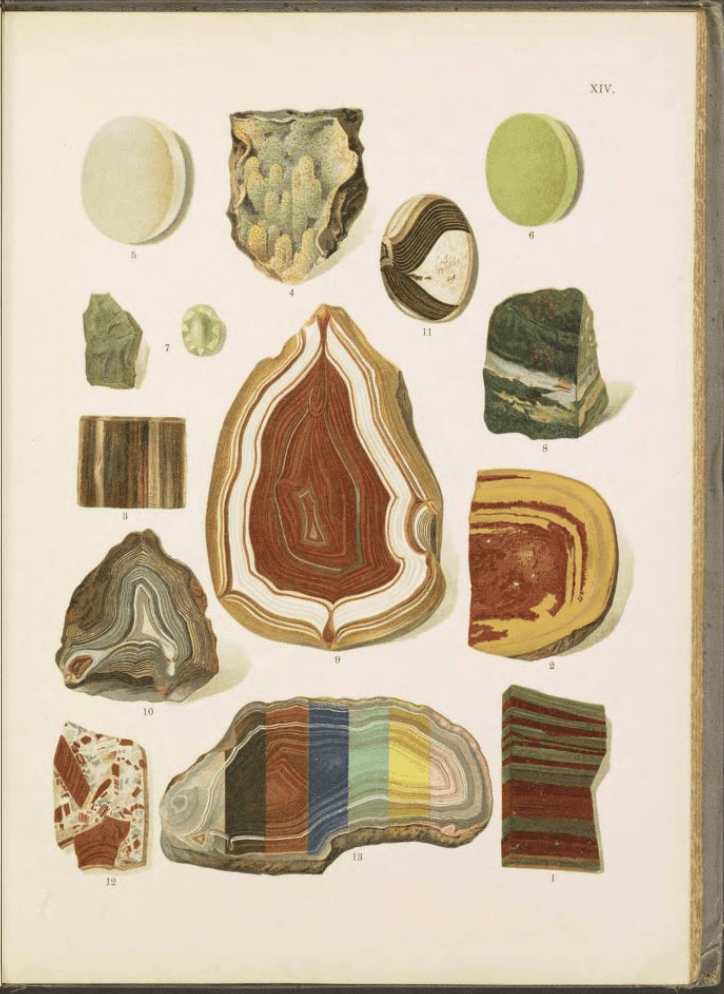
DREAMING JEWELS. NOTES ON THE SYMBIOTIC ENCOUNTERS OF MINERALS AND LIFE
Laura Tripaldi
Ultimately, even the notion of “matter” itself, in its opaque universality, is a con- struct that obscures the many diferences that make bodies what — or who — they are. Right underneath their surfaces, within their chemical structures, organic and inorganic bodies alike preserve some kind of memory that diferentiates between their past and their future and, by the same token, their inside and their outside, their “self” and their environment. Any possible understanding of consciousness should start right there, at the surface, where the outside and the inside become diferent. “Matter” — an indiferent, homogenising label for the vast diversity of structures in the universe — tells us very little about the complex reality of what materials can do.
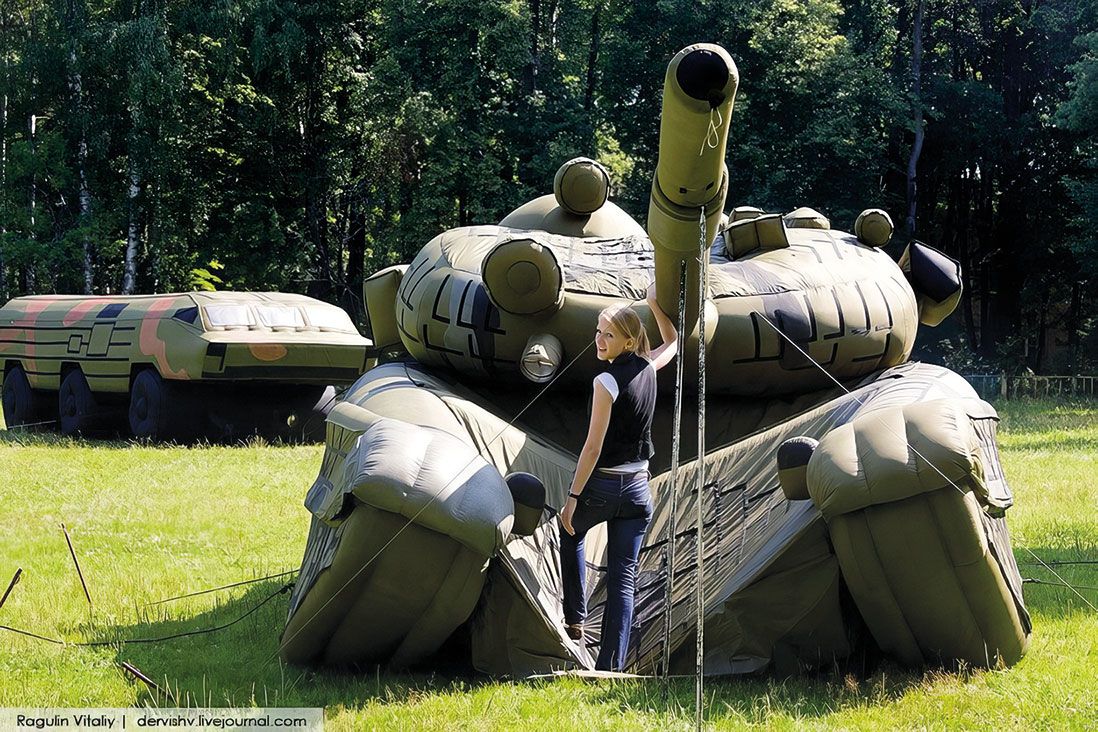
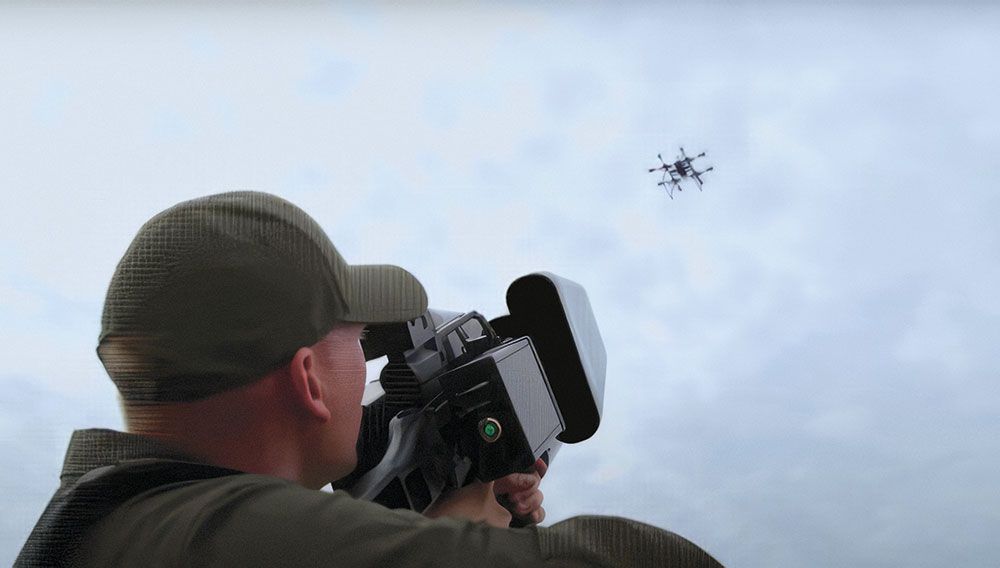
ADVERSARIAL INFRASTRUCTURES
Anna Engelhardt
Drawing upon the scholarship on infrastructures that inflict violence, I propose to look into what I call “adversarial infrastructures”. On the one hand, these in- frastructures imply the presence of an adversary. They cause harm by design. On the other hand, they suggest a specific relationship between their functions. “Adversarial” in “adversarial infrastructures” derives from machine learning methods. Adversarial machine learning is based on the idea that algorithms can learn via competition. Adversarial neural networks consist of two networks designed to be antagonistic to one another. Even though their functions are programmed to oppose each other, their mutual entrapment in a looped contest strengthens the neural network as a whole. This same capacity defines Adversarial Infrastructure: while divergent functions may appear to create friction and technical problems for each network, they strengthen their overall ability to inflict harm. Adversarial property realised in infrastructures allows masking one part with another, concealing their double purpose.


THE STUPIDITY OF PROPERTY, POSSESSION AND FIRST AND FOREMOST HUMANS
Maša Stanic
The stage is ours. In German, we used to say, ‘was nicht passt wird passend gemacht’, which means ‘what doesn’t fit, will be made to fit’. I took a look at the things in life that seemed odd to me, where humanity had just taken one step too far. Mostly in a funny way because I’m not good at coping with difficult, overwhelming topics (my first reaction to my grandmother’s death was laughter). But everything I’ve written is apparent already, so after these empty words, here are some photos to look at.
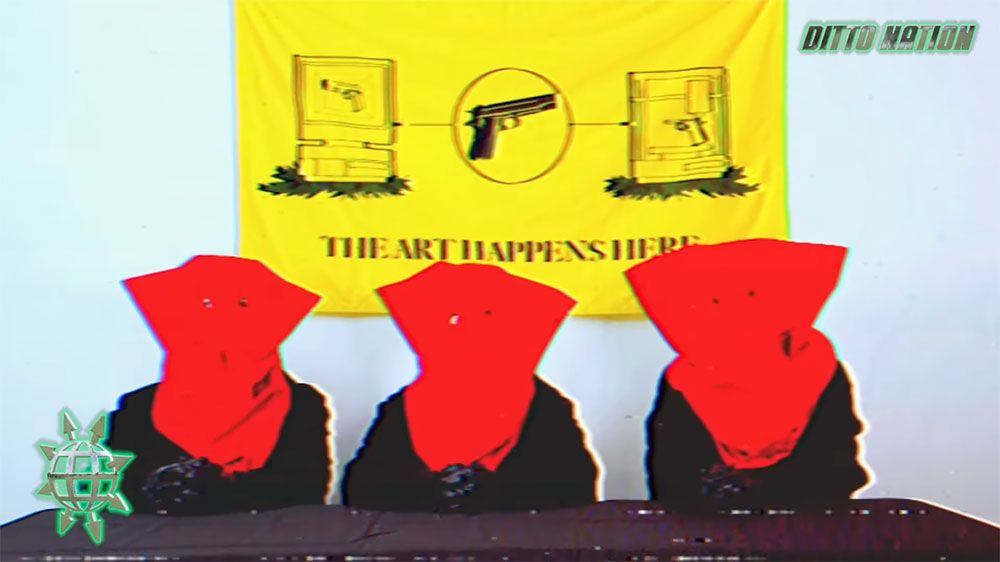
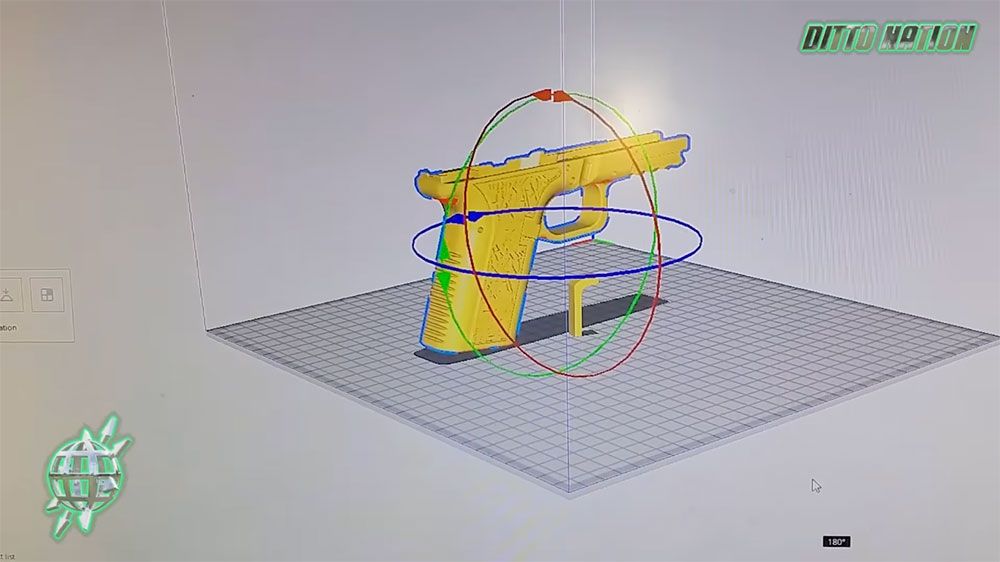
BEN DITTO.MP3
Ben Ditto, Pau Garcia
I think you can be biased and support a side very fully and still see where they are wrong and where they’re messing up. That’s something that we’re privileged to be able to do over here. It’s like, I love my country. I’m definitely a patriot, for sure. Do I support our behaviour in Afghanistan and Iraq? No fucking way. Absolutely not. I think we’ve done some outrageous things on the world stage. That doesn’t mean that I’m anti-UK or anti-the-British Army or whatever... I think if we’re going to be patriotic, we should definitely be critical of where we get things wrong.
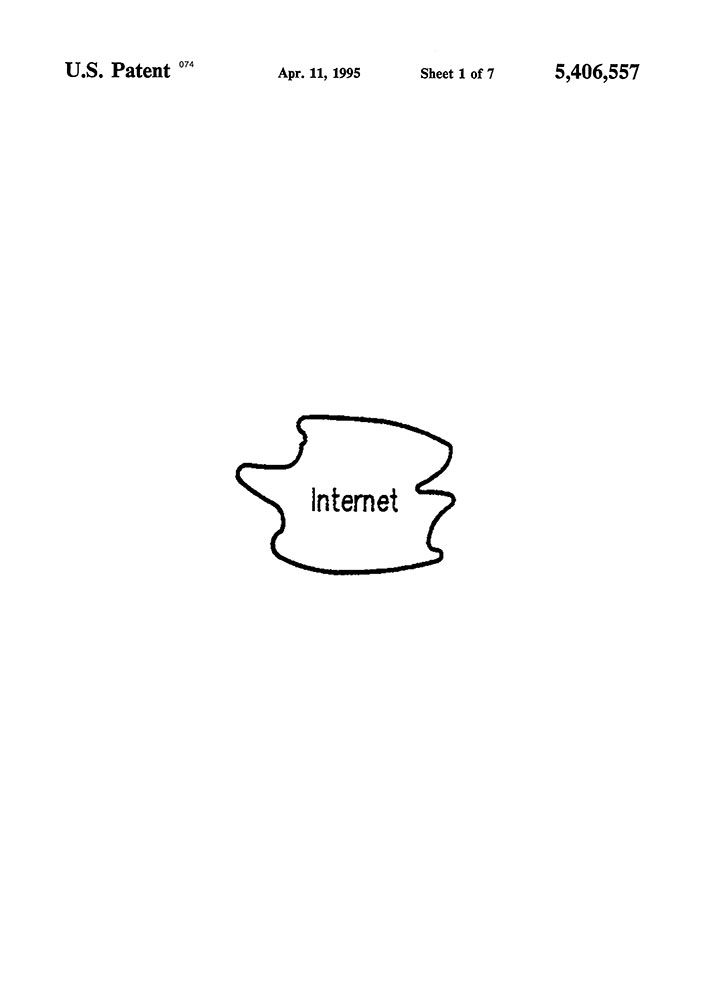
CLOUDPLEXITY. INTERNET REPRESENTATIONS DRAWN FROM THE UNITED STATES PATENT DATABASE
Mario Santamaría